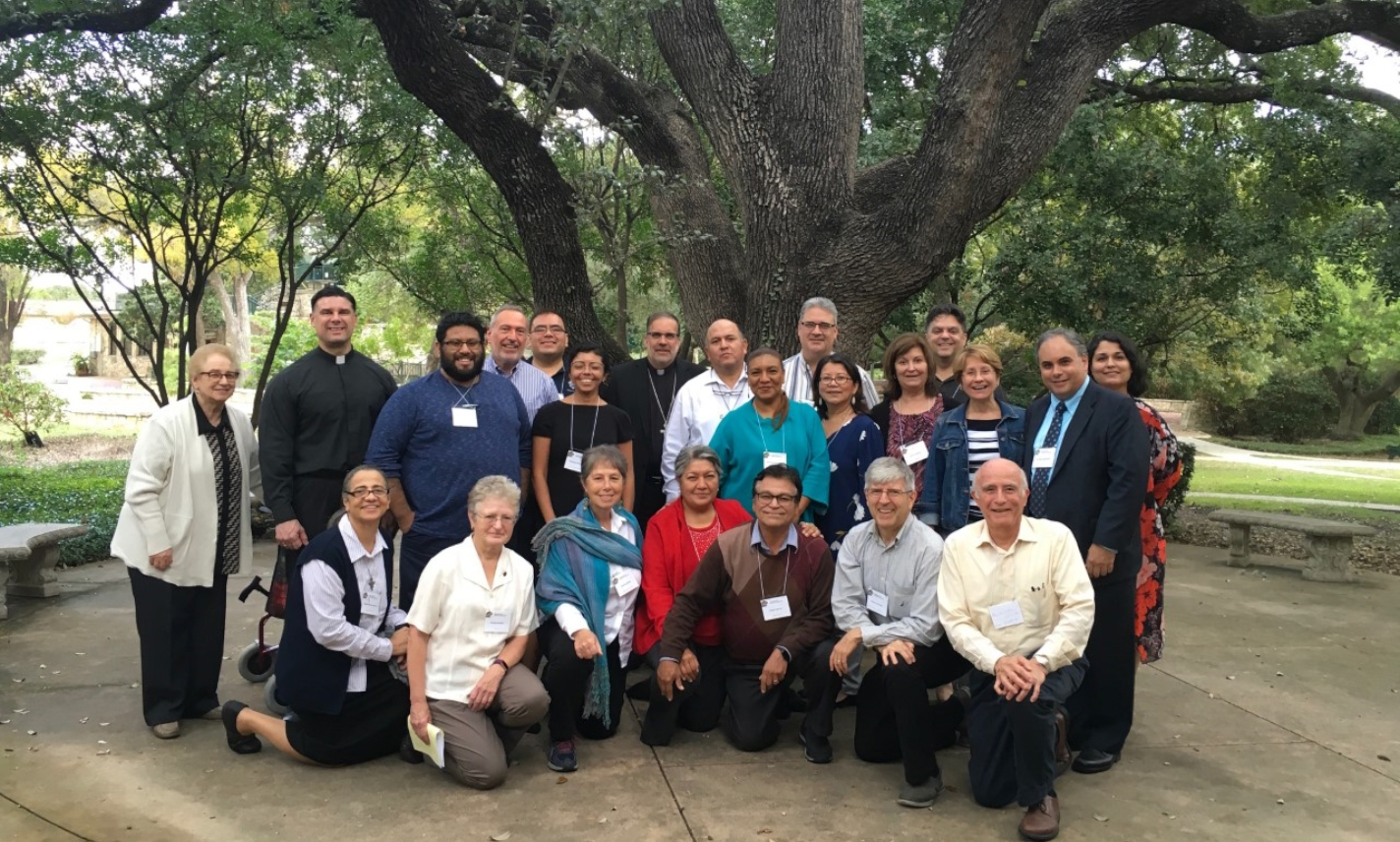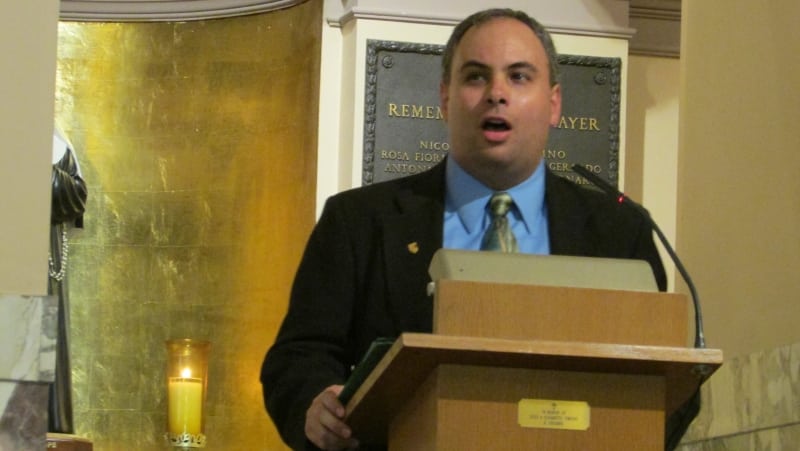Saturday of the 19th Week in Ordinary Time – Year 2 | August 13, 2022
The late American Jewish Hasidic rabbi and theologian, Abraham Joshua Heschel, who was also a friend and supporter of Dr. Martin Luther King, Jr., wrote a book studying the prophets of the Hebrew Scriptures (what Christians often call the Old Testament). In it, he reflected on a point which summarizes well the insight of today’s first reading from the prophet Ezekiel. Reflecting on the legacies of social injustices to minorities across history, especially in the U.S., he said, “Not all are guilty, but all are responsible.”
Rabbi Heschel meant that while not everyone in society bears direct guilt for sins committed by others, especially in the past, everyone in society has a moral responsibility to be aware of those social sins and their impact, and to take steps wherever possible to heal the effects of those sins. Indeed, Catholic social teaching about understanding the impacts of social sins and seeking to overcome their detrimental impact on the common good of all is virtually identical to Rabbi Heschel’s views.
In the first reading, the prophet speaks on behalf of God, calling for a change in the people’s way of thinking. The proverb that was quoted: “Fathers have eaten green grapes, thus their children’s teeth are on edge” is a way of understanding what God is asking the people to change in their worldview. It is based on the reality that when someone eats unripened grapes they are bitter and someone might make a face while eating them. But this proverb says that if the father eats the bitter grapes, the children will experience the bitterness as well. It was a way of saying that if the parent was not a good person, the child would also not be good. Today we might say, “The apple doesn’t fall far from the tree.” However, the proverb from Israel was even worse – it highlighted a common view of the time – which God is challenging through the prophet – that the community should hold the children of sinners as guilty for the sins of their parents – sometimes for multiple generations.
God calls for the people to reject the idea that children must carry punishment for their parent’s sins. When people do the righteous and good thing and live lives of justice, they will live through God’s power for their own righteousness, but when they continue down a path of evil and injustice, they will be held accountable and it will be their own fault – not because of their parents’ sins.
But God is not merely speaking about individual goodness or sinfulness. God is speaking to the entire community. The litany of items mentioned in the reading include social goods as well as individual ones – because in ancient Israel there was no distinction between them – no idolatry, no adultery, yes; but also no oppression, no usury, no corruption. God is reminding them that these sins caused calamityin Israel’s past, and they can again, if the people don’t change. God isn’t holding a grudge for generations – but people must root out these sins from their lives so that the good of the covenant community can thrive again, as God wishes. Or as Rabbi Heschel would say, “Not all are guilty, but all are responsible.”
The prophet Ezekiel reminds that God is calling them and us to take on a new heart and a new spirit – one that recognizes past failings and sins, their impacts, and the desire to live more justly.
And in the short Gospel for today, Jesus strikingly points to children as examples of that new heart and spirit. Whereas the disciples are acting according to the precepts of their society which often marginalized the needs and concerns of children, Jesus not only brings them close to him but says that they are the ones who literally possess the Reign of God: “The Kingdom of heaven belongs to such as these!” He shows how, while children might be on the periphery of society’s concern, they are at the center of God’s concern!
Regrettably, our society at times continues to marginalize the needs and concerns of children, too. Jesus recognized that when we, like God, place children at the center of our concern, we will evaluate the needs of our communities and our society differently. Catholic social teaching also recognizes that when we prioritize the needs of children and all those who are vulnerable, we actually act in ways of justice that benefit all.
As we gather for Eucharist, let us pray for the grace and openness to see how we and our world can become more just and more responsible for the well-being of all God’s children – now and for future generations.
May God give you peace!


 Request Dr. DelMonico's professional services for a liturgical, ministerial or leadership consultation, or for an academic or public presentation.
Request Dr. DelMonico's professional services for a liturgical, ministerial or leadership consultation, or for an academic or public presentation.